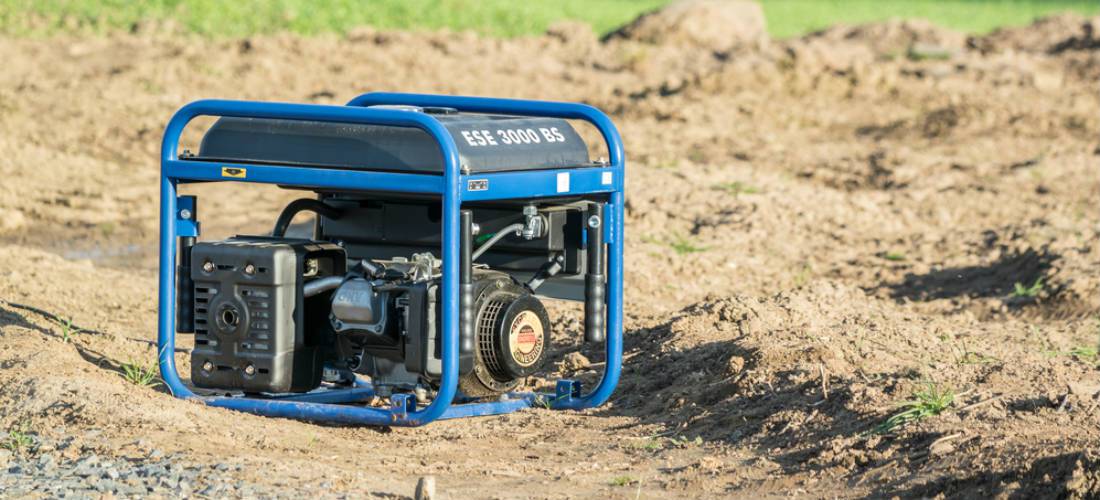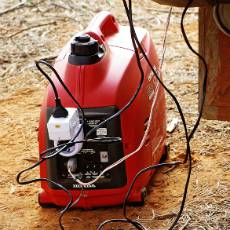Helping you choose the right home generator for power outages and other emergencies
Home generators are always a great buy in preparation for a disaster or to maintain electrical power in the event of a blackout. When most people think of a generator, the portable version comes to mind. However, generators come in two types and are available in a variety of sizes to manage a wide range of power needs. Choosing the best generator for your home will require a little knowledge of your regular energy use and the true price of installing either type of generator.
Stationary and portable generators are both designed to power a home when usual power options are not available. Portable generators are moveable units that can be stored anywhere, while stationary units are permanently wired into your home. Stationary generators are also known as whole home generators because they are large enough to power the entire household. Portable units are limited in their wattage output but can be used on camping and other trips away from home.

Portable Generator
The wattage output of the generators actually determines their size. The most common portable units are mid-sized generators that deliver 3,000 to 6,000 watts. Small portable units provide less output, while stationary models are usually large generators that provide up to 15,000 watts of power.
Talk to a reputable home generator dealer to determine how big of a generator you need to power your home. The size depends on the amount of power you use in a regular day and the power usage for the appliances you commonly use.
Generator Pricing
A mid-sized portable unit can cost between $400 and $1,000, while a large stationary generator costs $5,000 to $10,000. These prices rise once other important options are added, including:
- Wheels for the portable units - at $150 and up

- A transfer switch to wire the stationary unit into the home's circuit box - at $500
- Batteries for electric units - at $50 each
- Oil guards, fuel gauges, and automatic shut-off switches, which vary from one brand to another
- Installation costs for stationary units - at $100 and up
Fuel is another cost home generator owners must consider. Gasoline-powered units are the most expensive because gas is used up faster and cost more than natural gas or propane.
Portable units are usually gas or propane-powered. Gas units can use 8 to 22 gallons per day. Propane units can use four to eight 20-pound tanks per day. Stationary units usually use natural gas and consume a 250-gallon tank in eight to 15 days.
No matter which type of generator you buy, be sure to understand the true costs involved in your purchase along with the appropriate size needed to power your home. A home generator dealer can help you with this.
Having these generators will prepare you and your home in case of a natural or electrical disaster. With a little research and the right questions to a dealer of home generators in your area, you should easily find the right unit at the right price for your home.













Write a Comment